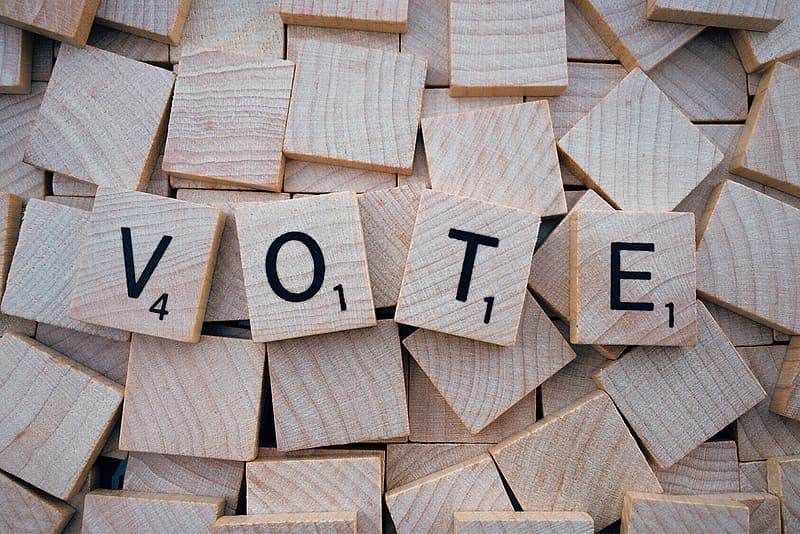In the general election of 2019, the Liberal government was returned but with a minority of seats in the House of Commons. Minority governments at the federal level usually last less than two years, though the minority Conservative government that was elected in 2008 lasted almost 29 months. The current Liberal minority government is now past the 18-month mark and, for many weeks, there has been speculation about when an election could be called.
On the one hand, the Liberals have a clear incentive to go to the polls soon. In the first week of May, CBC’s Poll Tracker found that the Liberals had 35.8 per cent of the popular vote compared with 29.5 per cent for the Conservatives and 17.7 per cent for the New Democrats.[1] Support for the Liberals is relatively unchanged after the unveiling of the much-anticipated federal budget back in April, which suggests stability. On the other hand, the realistic worst-case scenario for the Liberals, from a purely political perspective, is going through the effort and expense of an election campaign only to return another minority. In recent history, parties have needed upwards of 39 per cent of the popular vote to form a majority, so the Liberals need a bump in support in order to risk an election. As Abbas Rana has written in The Hill Times, there is a sense among former Liberal Members of Parliament from rural Canada that a majority will elude the Liberals until they manage to connect with rural areas and issues.[2] It is possible that budget promises around infrastructure and the new Universal Broadband Fund will help to mend this fence.
Support for the Conservatives seems to be stalled at roughly 30 per cent, which is their dependable base. Without growth beyond this, their incentive for going to an election is nonexistent. They have a lot to lose. A disappointing election result with new leader Erin O’Toole, as a follow up to winning the popular vote but coming second in the seat count in 2019, would be particularly devastating for the Conservative movement. This may be why they’ve done their best to stall the progress of Bill C-19, which would introduce measures to support safe elections during pandemic periods. Chief Electoral Officer Stephane Perrault has warned that, if an election were called now, his office does not have the tools and powers necessary to ensure safe voting conditions. The bill would introduce a three-day voting period as opposed to the usual single day, increased access to mail-in ballots, and an option to conduct mobile polls.[3]
The New Democrats have been the government’s steadfast partner, vowing not to trigger an election by defeating the government. Leader Jagmeet Singh risks undermining the perceived purpose and objectives of his party, in the minds of voters, to the extent that the NDP fails to differentiate itself from the increasingly left-leaning Liberals. The April budget proposed a significant expansion of the role of the state in the lives of Canadians, including funds for a national childcare system, though items like a universal basic income were missing. The challenge for Singh will be to convince left-of-centre, progressive voters to cast their ballot for the NDP, even though the Liberals are checking a lot of important boxes. The tendency toward strategic voting in Canada is no help to the NDP.
If the Liberals want an election, but the NDP is not willing to defeat them, what is the path to a campaign? Constitutionally, the Prime Minister can request dissolution any time he wants but, politically, an election call that is seen as unnecessary is dangerous, particularly during a pandemic. If the Liberals want an election badly enough, the first step is to get Bill C-19 through so as to make it as safe as possible. Step two is to convince Canadians that it is necessary, either because the House is dysfunctional (as Stephen Harper argued back in 2008)[4] or by making the NDP an offer that they have to refuse. Given the rate at which civility continues to crumble between the political parties, one of these outcomes is highly likely before the year is out.
[1] CBC Poll Tracker. Available at: https://newsinteractives.cbc.ca/elections/poll-tracker/canada/
[2] Rana, Abbas. 2021. “Trudeau’s Liberals behind or in toss – ups in 13 of 14 rural ridings that reduced them to minority in 2019, say pollsters.” The Hill Times. Available at: https://www.hilltimes.com/2021/04/05/trudeau-2/291475
[3] Bryden, Joan. 2021. “Bill to ensure safe voting during pandemic stalls as odds of federal election increase.” CBC News. Available at: https://www.cbc.ca/news/politics/election-bill-pandemic-1.6014368
[4] Llunggren, David. 2021. “Canada’s parliamentary backlog may serve as a trigger for early election.” Reuters. Available at: https://www.reuters.com/world/canadas-parliamentary-backlog-may-serve-trigger-early-election-2021-04-30/

